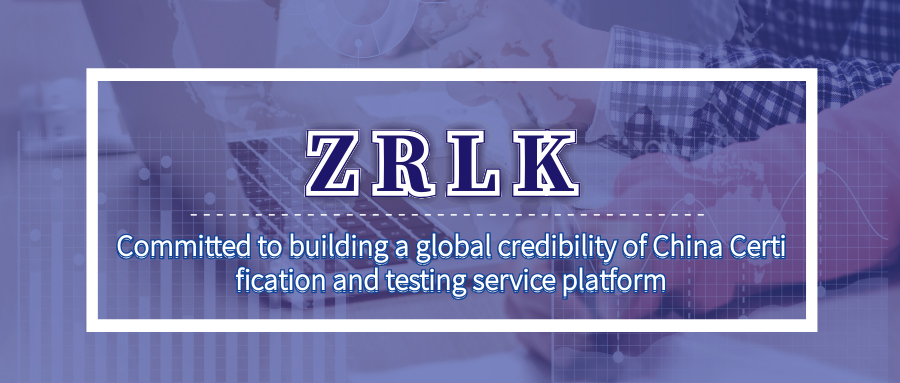
Certification Introduction
The full name of Korea KCC is Korea Communication Commission or Korea Communication Commission. In accordance with Article 33 of Korea ’s Basic Law on Electrical Communication, and Articles 46 and 57 of the Radio Wave Law, a certification system for broadcasting and communication equipment has been established. The products specified in Article 3 should all obtain KCC certification in advance.
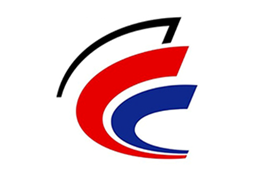
The KCC mark has evolved from the MIC mark. Since the Korea Communications Commission (KCC, Korea Communications Commission) replaced the former Korean Ministry of Information and Communication (MIC), the certification name was changed accordingly. KCC took effect on November 11, 2008, and will evolve into the KC logo on January 1, 2011.
KCC addresses the electromagnetic compatibility requirements of information products, and regulates the certification of wireless transmission and communication products. The products involved include electrical communication equipment, radio frequency products, and information technology equipment. The KCC mark is a certification mark issued by the Korea Radio Research Agency (RRA).
KCC certification mark

Certification classification
According to the category of products, KCC is mainly divided into the following three types of certification:
1. Conformity Certification: wireless communication equipment, such as telephones, regulators, fax machines, etc.
2. Compatibility registration: Conformity registration: electrical appliances.
3. Interim Certification: For equipment that has no standard for the time being
Applicable product range
Basically includes all wireless communication products, and most electronic and electrical products covered by KC certification.
1. Automatic alarm receiver installed on the ship
2. Automatic alarm telephone device
3. Wireless beacon for emergency position indication
4. Wireless navigation radar and automatic radar spotting equipment for ships
5. Wireless equipment for marine mobile phones
6. Wireless equipment for satellite mobile radio station
(Only a part of them are listed here)
application process
1. The customer prepares samples and materials and submits the application to the testing agency
2. The testing agency submits the samples and data to KTL / KTC for testing
3. KTL / KTC conducts the test, and issues a test report after the test is completed, and submits the report to the RRA, a Korean certification authority
4. The RRA audit report and other application documents of the Korean agency, and issue a certificate after no problem
Application materials
1. Test samples
2. Test standard (KS standard, IEC standard, electrical product safety management law, client prompt standard, etc.)
3. Selection of test use (self-analysis), submission (reporting company name), delivery
4. Manual (technical information, setting method, usage method, etc.)
5. Business license
6. EMC test fee

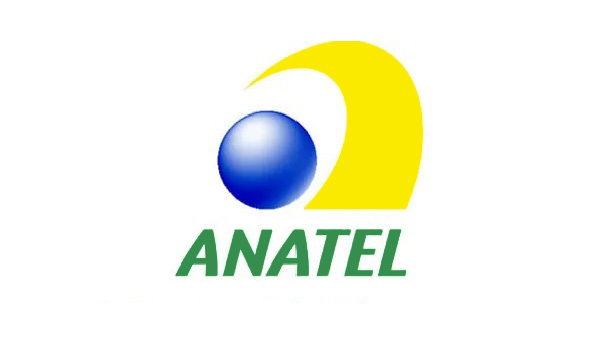
ANATEL certification is a mandatory certification for telecommunications equipment or related equipment by the Brazilian National Telecommunications Administration (Agência Nacional de Telecomunicações), including wireless communication equipment, wired communication equipment and related auxiliary equipment; this certification ensures that telecommunications equipment sold in the Brazilian market meets Brazil\'s technical standards and regulatory requirements, and guarantees the product\'s quality requirements such as radio frequency, electrical safety, electromagnetic compatibility, and electromagnetic exposure. If the product entering Brazil does not complete ANATEL certification, it may face fines, seizures, and other penalties.
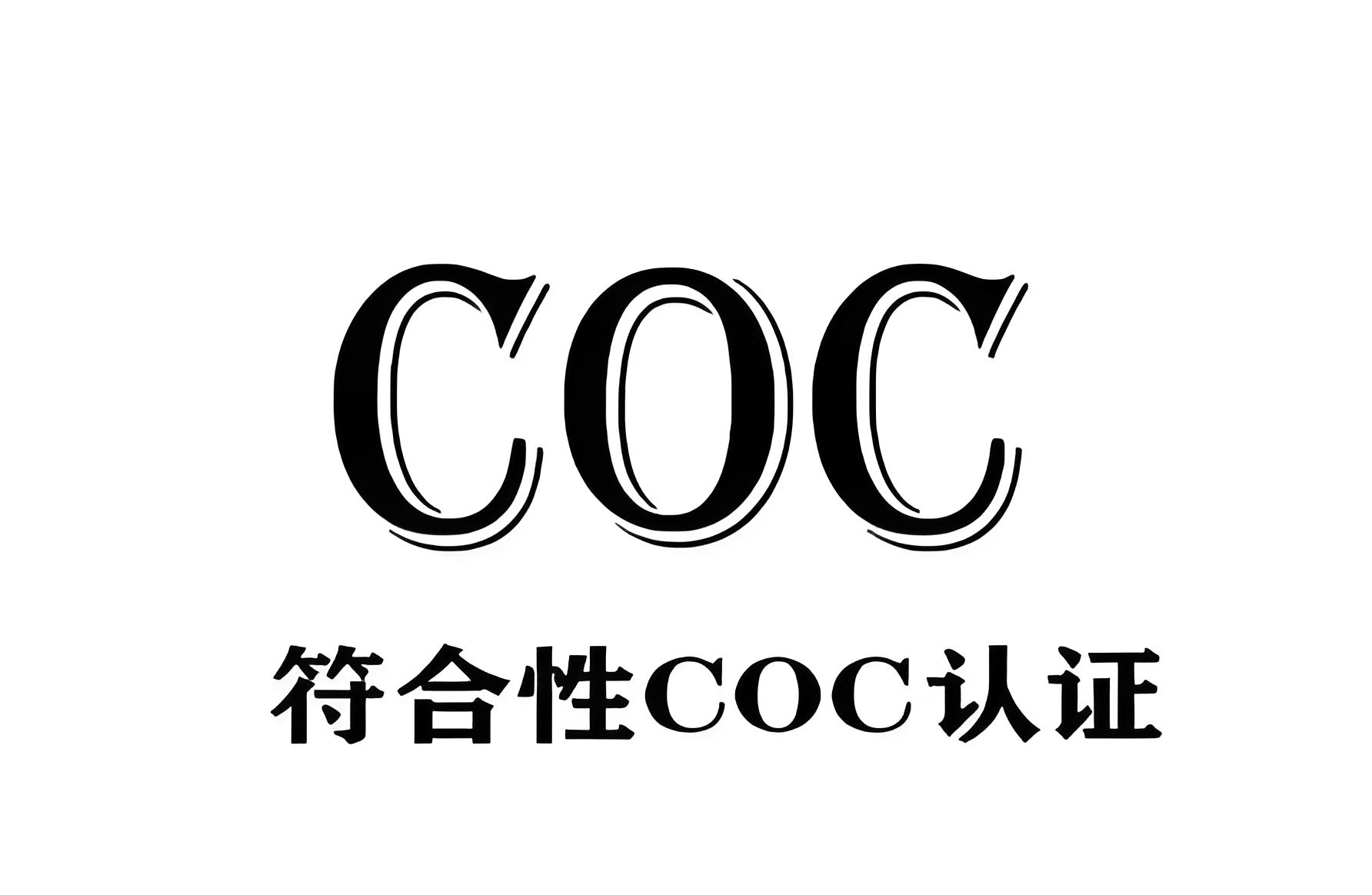
COC certification in Algeria is a mandatory certification for products exported to Algeria, ensuring that the products comply with the country\'s safety, quality, and technical standards. The certification process includes document review, product testing, and factory inspection. Products that pass certification can be legally sold in the local market, protecting consumer interests and promoting fair trade.
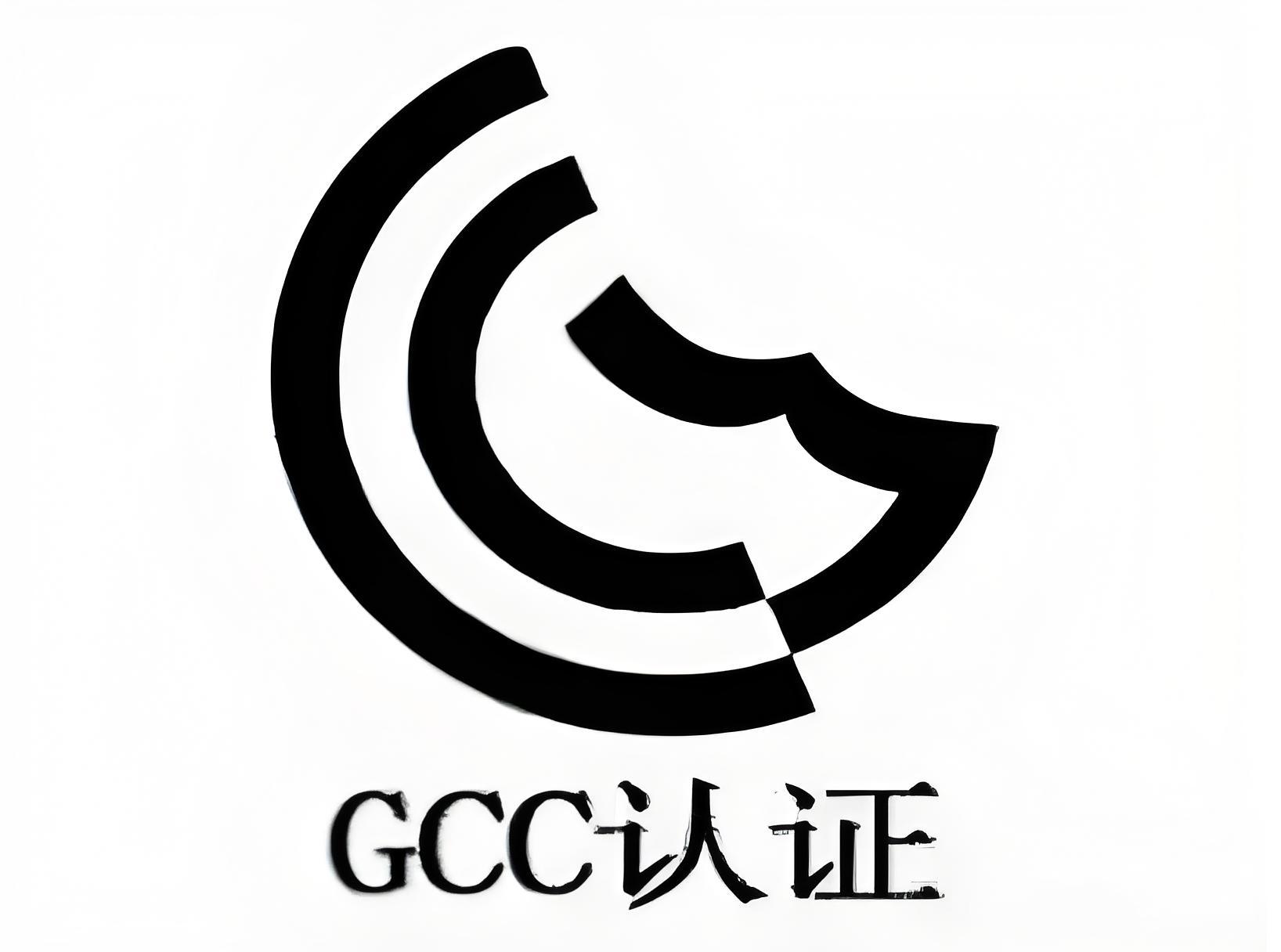
GCC certification is the abbreviation for Gulf Cooperation Council certification, which is a mandatory certification requirement for products entering the market in Saudi Arabia and other countries in the Gulf region.
The full name of Korea KCC is Korea Communication Commission or Korea Communication Commission. In accordance with Article 33 of Korea ’s Basic Law on Electrical Communication, and Articles 46 and 57 of the Radio Wave Law, a certification system for broadcasting and communication equipment has been established. The products specified in Article 3 should all obtain KCC certification in advance.
Get a quote